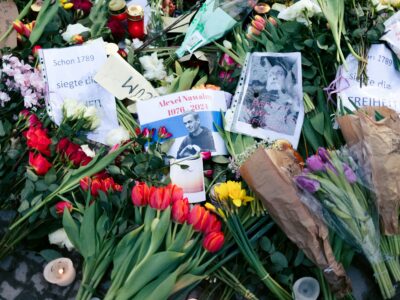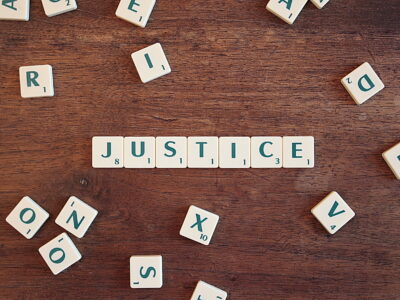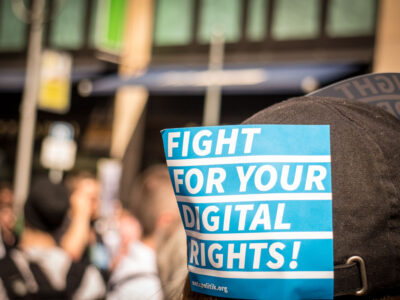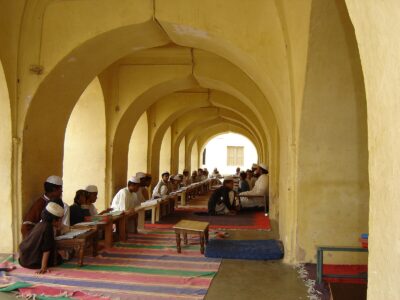West Papua, an Indonesian province, has been the centre of constant turmoil for many decades and has struggled to achieve independence from Indonesia. The island’s population nears 3.5 million, with about half being indigenous West Papuans and the other half being Indonesian (UNDPO, 2014). The island is made up of 250 different tribes, all with their own customs and languages. Free West Papua reports that “over the last fifty years Indonesia has carried out a social engineering project on a massive scale by relocating hundreds of thousands of people from across Indonesia to live in camps cut into the forests of West Papua” (Free West Papua Campaign, n.d.). This can be attributed to the fact that the island is rich in natural resources. The small nation that borders Papua New Guinea has seen colonizers torment their country since the last century, until 1949, when the Dutch recognized their independence (Australia West Papua Association, 1995). The people of West Papua are mostly Christian in a majority Muslim country, which has caused conflict in society. The people of West Papua demand their independence from Indonesia. They would like the right to self-governance of their nation and the right to sustain their own indigenous land (Free West Papua Campaign, n.d.).








Comments